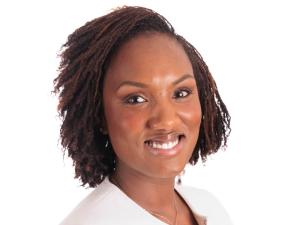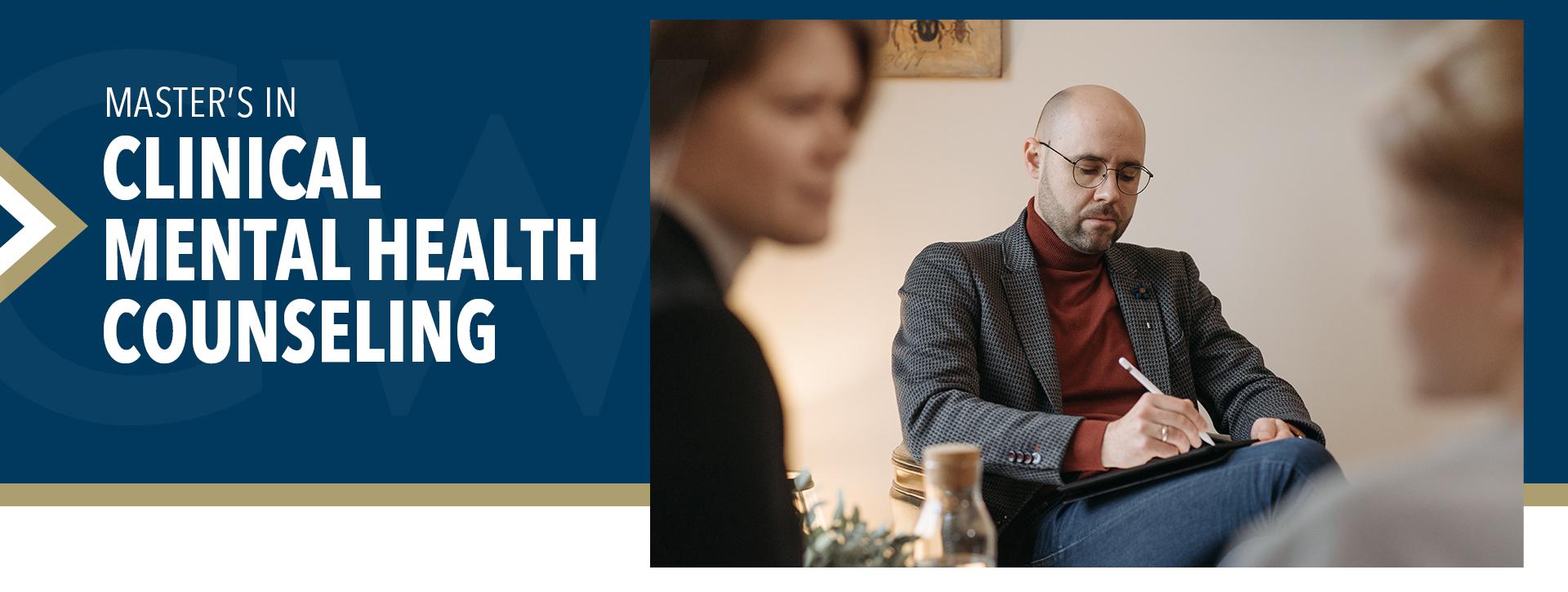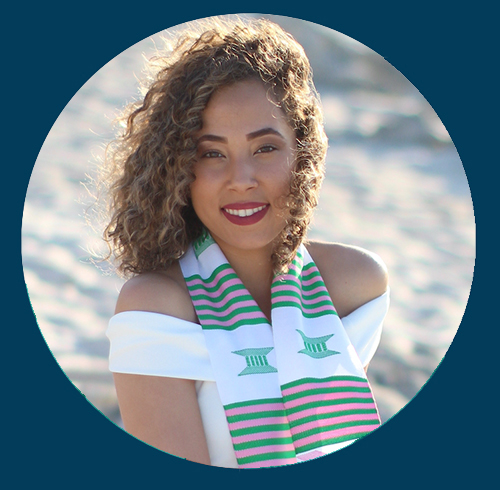Master's in Clinical Mental Health Counseling
Help Navigate Life's Obstacles
One of the first programs of its kind, our master’s in clinical mental health counseling provides a clinical counseling foundation for serving persons facing physical, mental, emotional, or social challenges. For individuals and their families, counselors offer hope and empowerment, serving as a source of personal support and guidance to enhance their quality of life.
The program prepares graduates to enter the counseling profession in a variety of human service settings, including social services agencies, employment centers, and substance abuse programs, taking an integrated approach to counseling research and practice.
The program includes a two-semester internship wherein students deliver counseling services, under supervision, both in the program’s Community Counseling Services Center and at health and human services agencies in the community.
A Standard of Excellence
The 60-credit hour program is accredited by the Council for Accreditation of Counseling and Related Educational Programs (CACREP).
Gain Credentials
Prepare to sit for board certification as a National Certified Counselor (NCC) and pursue a career as a Licensed Professional Counselor (LPC).
Learn From Expert Faculty
Our esteemed faculty hold leadership positions in national counseling associations and can help you build networks that will last a lifetime.
The GW Advantage
Take advantage of our unique location in Washington, D.C. with access to opportunities with prestigious organizations, government entities, and professional associations. Combine course content with supervised, clinical experience in urban and suburban areas, allowing you to work with a wide range of diverse populations.
Degree Awarded:
Master of Arts in Education and Human Development in the Field of Clinical Mental Health Counseling
Department:
Counseling and Human Development
Course Delivery:
Main Campus
Program Entry:
Summer (Full Time)
Fall (Part- or Full-Time)
- Our Mission
-
The Clinical Mental Health Counseling program is committed to preparing knowledgeable and ethical Professional Counselors equipped for the practice of individual, couple, family, and group counseling. Our program emphasizes working with diverse populations and developing strategies to promote the social, emotional, psychological, and physical health of individuals, families, communities, and organizations. We contribute to human development, adjustment, and change by encouraging our diverse faculty and student body to engage in reflective practice, critical inquiry, civic engagement, and responsible social action.
Department of Counseling and Human Development Statement on Anti-Racism and Anti-Oppression
Being anti-racist involves the internal, interpersonal, institutional, and structural commitment to confront and eliminate racism that exists in ideals and policies. In critical reflection of our individual and collective responsibilities to dismantle white supremacy and advance anti-oppressive andragogy, the CHD department is committed to anti-racist practices that:- Address racism and discrimination directly through explicit discussion and action;
- Increase awareness of prejudice and confront its effects through the discussion of past and present racism, stereotyping and discrimination in society;
- Disrupt and dismantle the systems and structures that codify institutional racism and oppression within the department, the university, and the counseling profession;
- Disrupt and dismantle racial power inequities within the department, the university, and the counseling profession;
- Deeply challenge and hold all members of the CHD community accountable to advance their own anti-racism praxis; and
- Ensure the content and delivery of the curricula reflects this focus.
- Curriculum
-
The following requirements must be fulfilled: 60 credits, including 57 credits in required courses and 3 credits in elective courses; completion of 600 hours in internship and 100 hours in a practicum; and successful completion of a pre-practicum portfolio, a comprehensive examination, and two convocations.
Course List Code Title Required CNSL 6114 Introduction to Research and Evaluation in Counselor Education CNSL 6151 Professional and Ethical Orientation to Counseling CNSL 6153 Counseling Interview Skills CNSL 6154 Theories and Techniques of Counseling CNSL 6155 Career Counseling CNSL 6157 Individual Assessment in Counseling CNSL 6161 Group Counseling CNSL 6163 Social and Cultural Dimensions - CNS CNSL 6169 Substance Abuse and Addictions Counseling CNSL 6171 Family Counseling CNSL 6173 Diagnosis and Treatment Planning CNSL 6174 Trauma and Crisis Intervention CNSL 6185 Internship in Counseling CNSL 6186 Advanced Internship in Counseling CNSL 6268 Foundations of Clinical Mental Health Counseling HDEV 6108 Life Span Human Development HDEV 6109 Child Development or HDEV 6110 Adolescent Development or HDEV 8244 Adult and Aging Development CNSL 6269 Practicum in Counseling CNSL 6271 Advanced Clinical Skills Elective 3 credits in elective courses selected in consultation with the program advisor. Portfolio and comprehensive examination requirements Successful completion of pre-practicum portfolio requirements as outlined in the counseling and human development master’s student handbook. Successful completion of the comprehensive examination - Clinical Training
- Unique to our program, students begin their clinical training by completing two semesters in the department’s clinic, the Community Counseling Services Center (CCSC), wherein they deliver counseling services under supervision. The first semester is a Practicum in Counseling followed by a semester of Advanced Clinical Skills.
Students then complete a two-semester internship at health and human services agencies in the community, such as welfare and other social service agencies, mental health centers, penal institutions, court systems, employment and career centers, allied health agencies, government service agencies, community college counseling centers, and private practice. - Program Data
-
Data from 2022-2023*
-
Retention Rate: 90%
-
Average Time to Complete the Program: 2.6 years (8 Semesters)
-
2021-2022 Cost: $1,870 per credit
-
Scholarships: Merit Based
-
Employment Rate (at 6 months post graduation: 94%
-
Employment Settings: Community mental health settings, inpatient units, intensive outpatient units, crisis counseling
-
Licensure Eligibility: Licensed Professional Counselors (LPC). Requirements vary by state.
-
NCE Passing Rate: 100%
-
Accreditation Status: Accredited by CACREP through 2024. Program has been accredited since 1984.
-
Annual Fall Enrollment: 104
-
Number of Graduates: 18
-
Predicted Job Outlook (2014-2024): Nineteen percent (19%) increase, compared to 7% expected increase in total US jobs. The field of counseling will see over 30% growth in the next 10 years. (Source: US Department of Labor, Bureau of Labor Statistics)
NOTE: Costs are 2022-23; enrollment is Fall 2023; retention is calculated over the past year.
-
Apply Now
GSEHD’s Office of Admissions invites you to apply for a spot in our program. Please review the following admission and financial information.
Ready to take the next step in your career? Review our step-by-step guide to applying to GSEHD >
To learn more about the program, admission process, and upcoming events, please connect with the GSEHD Admissions Team at education@gwu.edu or 202-994-9283.
| Apply Now | Schedule Consultation with Admissions Coach |
-
To be considered for admission, applicants must submit the online application form as well as the following required supporting documents. There is no application fee.
-
Prerequisite: Bachelor's Degree
-
Resume
-
Transcripts from all previously attended colleges or universities
-
Statement of Purpose
-
Two Letters of Recommendation
- The GRE is optional
*Additional application requirements may exist for international applicants.
-
The application deadline for Summer and Fall 2024 has passed. For more information or to inquire about the next admissions cycle, contact the GSEHD Admissions Team at education@gwu.edu or 202-994-9283.
| Application Timeline | Summer | Fall |
|---|---|---|
| Priority Deadline | Nov 1 | Nov 1 |
| Round 1 Deadline | Dec 15 | Dec 15 |
| Round 2 Deadline | Jan 16 | Jan 16 |
Tuition & Financial Aid
We know embarking upon graduate school is a big decision. At GW, we understand the time and thought behind making graduate school work for you. Please take a moment to learn more about the options and opportunities available to help fund your graduate education.
Graduate tuition is charged per credit hour, unless otherwise noted. Rates vary by program and location.
The tuition rate* for the Master's in Clinical Mental Health Counseling program is $1,925 per credit hour.
This program requires 60 credits.
Please note: Additional fees may apply for international students, late fees, etc. Current tuition rates may be updated during the year.
*Summer 2024, Fall 2024 and Spring 2025
Scholarships are available to eligible admitted students. Review eligibility requirements and learn more about funding your education >
Being a part of GSEHD has been one of the best decisions I have made. I now feel well prepared to serve the community while providing counseling services to families and children in the DC area. Completing my education here has taught me to be independent, confident, and resilient.
TATYANA SUARES (MA '20)
Master’s in Clinical Mental Health Counseling
Career Outlook
Mental health counseling is among the fastest-growing occupations in the mental health field. The U.S. Department of Labor projects that employment will continue to grow by 22% from 2021-20311.
1Bureau of Labor Statistics, U.S. Department of Labor, Occupational Outlook Handbook, Substance Abuse, Behavioral Disorder, and Mental Health Counselors, at https://www.bls.gov/ooh/community-and-social-service/substance-abuse-behavioral-disorder-and-mental-health-counselors.htm (visited November 20, 2022).
- CMHC Career Opportunities
-
Graduates of our program are employed in various clinical settings, including government agencies, hospitals, mental health clinics, social services agencies, university counseling and career centers, and private practice. Many receive employment offers during their internship year.
- Potential Employment Settings
-
Our alumni area currently employed by:
- National Institutes of Health
- Community Connections Integrative Trauma Team
- Renfrew Center for Eating Disorders
- Dominion Hospital
- DC Department of Disability Services
- US Navy
- Phoenix House
- INOVA Health Care
- Jewish Social Services Agency
- American University Counseling Center
- Georgetown University Career Center
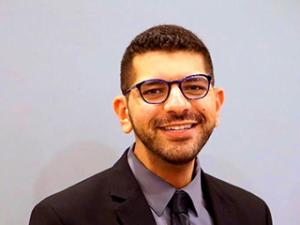
Program Co-Director, Clinical Mental Health Counseling; Assistant Professor, Counseling and Human Development
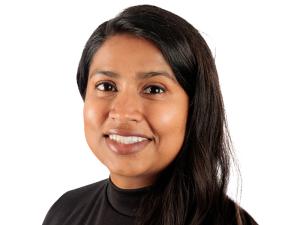
Program Co-Director, Clinical Mental Health Counseling; Assistant Professor, Counseling and Human Development
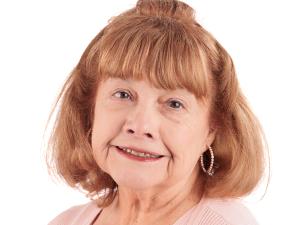
Department Chair and Professor, Counseling and Human Development
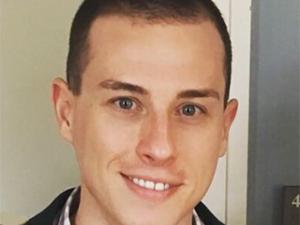
Assistant Professor, Counseling and Human Development
